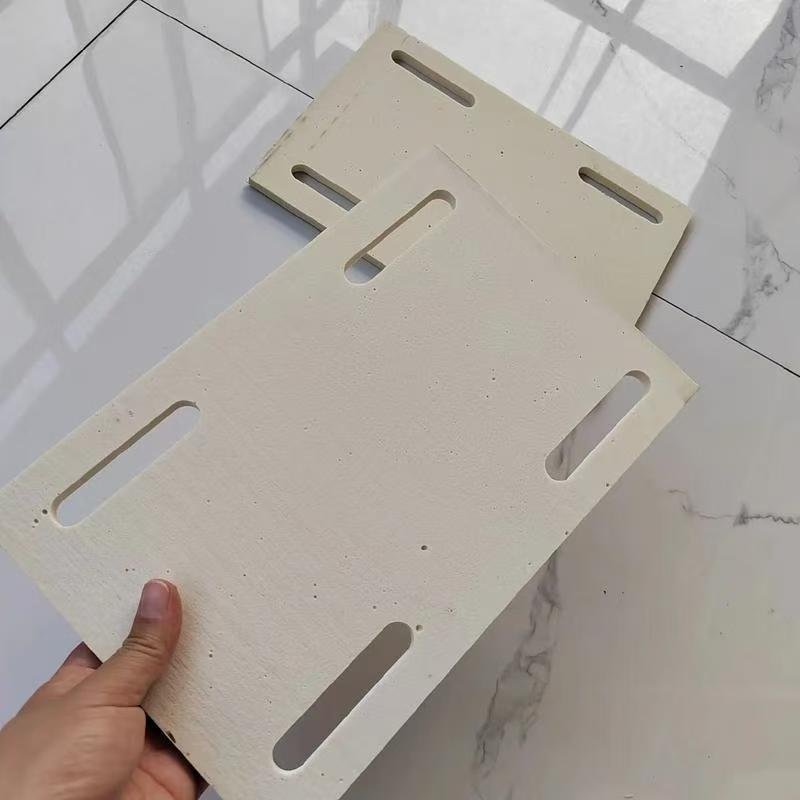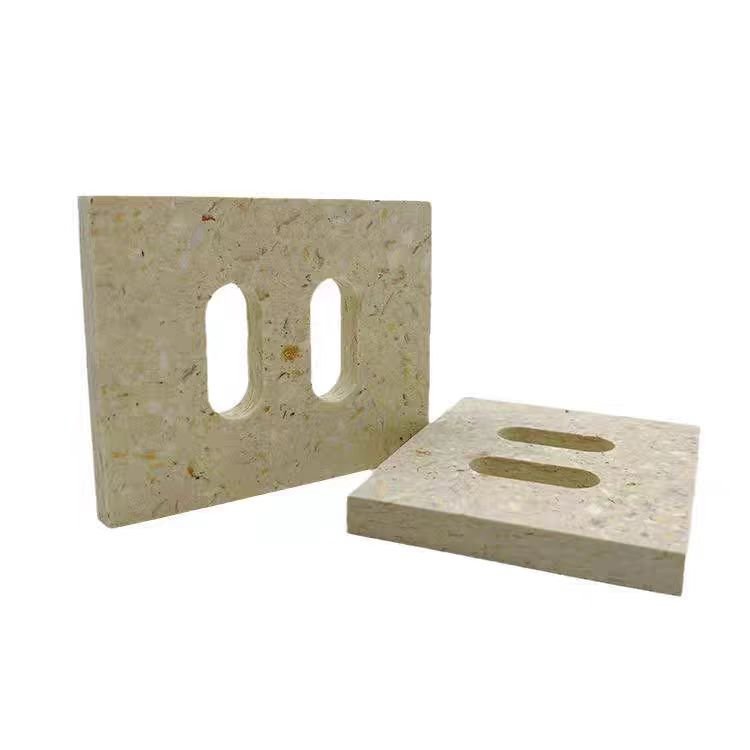Durable Polyurethane Foam Insulation Board Solutions for Building Longevity
Architects and builders now demand materials that offer more than just thermal resistance due to the evolving landscape of construction.
Architects and builders now demand materials that offer more than just thermal resistance due to the evolving landscape of construction. The focus has shifted towards integrated solutions that enhance structural integrity, safety, and long-term energy efficiency. This trend is reshaping the thermal insulation material market, pushing innovative products to the forefront. Advanced thermal insulation solutions like the InsulateWool Polyurethane Foam Board, made from high-density rigid polyurethane foam, are meeting this demand by providing a durable and functional foundation for modern buildings.
Table of contents:
Examining density and compressive strength variations for building structure support
Fire classification standards and options enhancing insulation board safety profiles
Moisture permeability and thermal stability for long-term polyurethane insulation performance
Examining density and compressive strength variations for building structure support
Heavy steel structures in large-scale industrial buildings or intricate curtain wall systems in contemporary office towers require insulation that withstands significant physical stress and contributes to the building's structural framework without yielding. This is where the compressive strength of an insulation material becomes a critical performance metric. Unlike traditional EPS foam, which can deform under sustained loads, advanced polyurethane boards provide a remarkable range of compressive strengths, from 350psi to 2100psi. This allows engineers to specify the precise strength required for load-bearing points, such as under passive room pads or as support blocks for heavy machinery. An experienced polyurethane insulation board manufacturer can customize the material's density, which directly impacts its compressive strength, to meet exact project specifications. The InsulateWool board, for example, offers a standard density of 600kg/m³ but is fully customizable. This adaptability, combined with options for custom cutting and embedded anchor holes, ensures that the insulation not only prevents thermal bridging but also becomes an integral part of the building's durable structure. A professional polyurethane insulation board manufacturer understands these needs.

Fire classification standards and options enhancing insulation board safety profiles
Ensuring building safety through rigorous fire performance standards is a paramount concern in any construction project. For applications in residential complexes, cold storage warehouses, or public assembly areas, the choice of insulation can have significant implications for occupant safety. The materials used must actively help contain a fire event, not contribute to its spread. The InsulateWool Polyurethane Foam Board directly addresses this critical requirement with a standard B1 fire retardant rating. This classification means the material is difficult to ignite and self-extinguishing, slowing the spread of flames and providing crucial extra time for evacuation. For projects with the most stringent safety mandates, a capable polyurethane insulation board manufacturer can also supply an optional A2 fireproof version, which is rated as non-combustible. This higher level of protection makes the board suitable for use in high-risk zones and critical infrastructure. This focus on safety, backed by a service life of over 30 years, delivers lasting peace of mind for property owners and managers. Partnering with a polyurethane insulation board manufacturer that prioritizes and certifies its products' fire performance is an essential step in responsible building design. The green, Freon-free production process and EU RoHS compliance further demonstrate a commitment to safety for both people and the planet.
Moisture permeability and thermal stability for long-term polyurethane insulation performance
Harsh conditions inside commercial cold storage units or on a building's exposed roofing system highlight moisture as a persistent adversary that can compromise the effectiveness of many insulation materials. When water or vapor penetrates materials like rock wool or glass wool, their thermal resistance plummets, leading to energy loss and potential structural damage. The closed-cell structure of high-density rigid polyurethane foam provides a powerful defense against this threat. This composition gives the InsulateWool board an exceptionally low water absorption rate of 3% or less and very low moisture permeability. This ensures that its superior thermal conductivity of ≤ 0.080 W/mK remains stable for the long term. Furthermore, the material’s outstanding thermal stability across a wide working temperature range, from a cryogenic -196°C to a high of +120°C, makes it incredibly versatile. Whether insulating industrial pipelines in extreme climates or providing a stable base for residential floor heating, the board retains its dimensional integrity and performance. This reliability is a hallmark of a quality-focused polyurethane insulation board manufacturer and a key driver of its growth in the thermal insulation material market.
As construction projects demand higher performance from every component, the choice of insulation has evolved beyond a simple R-value calculation. The modern imperative is for a comprehensive solution that delivers structural support, certified fire safety, and enduring stability against moisture and temperature extremes. A trusted polyurethane insulation board manufacturer provides products that meet these multifaceted requirements. With low thermal conductivity and much higher compressive strength than many traditional options, advanced polyurethane boards are a smart investment in a building’s long-term efficiency and resilience. For those sourcing these advanced solutions, exploring wholesale and OEM customization ensures every project's unique specifications are met with precision.
LATEST NEWS
Precision-Cut Aerogel: The One-Day Solution for UK Retrofit Experts
2026-01-25
Zero-Risk Fire Safety: Bulk High-Density Rock Wool for Mega Power Infrastructure – A1 Rated & Container-Ready
2026-01-21
The "Performance Decay" Trap: Why Your Building’s R-Value is Lower Than You Think
2026-01-20
Beyond Support: Why 8.11 MPa HDPU is the New ISO Standard for Cryogenic Pipe Supports & Heavy Loads
2026-01-20
Stop Thermal Bridges at the Source: High-Strength PU Structural Thermal Breaks (600 kg/m³)
2026-01-19

